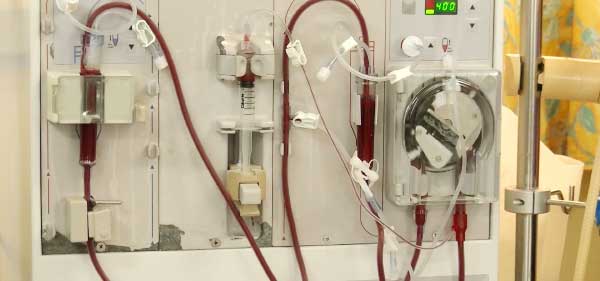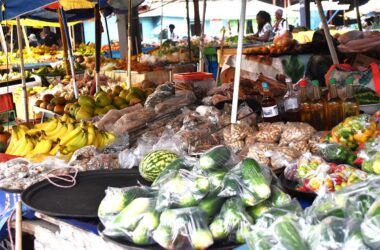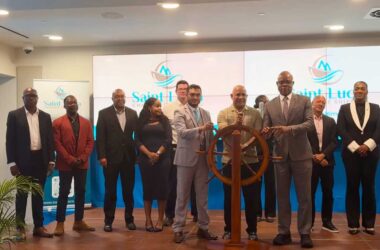KIDNEY disease is very prevalent in St. Lucia and according to official records, nearly 120 persons are now undergoing dialysis treatment at the three main medical institutions on the island including Tapion Hospital.
This is startling for a country with a population of just over 170,000 where resources are scarce and most importantly, there are nearly an equal number of persons waiting for an opportunity to receive treatment from just 17 dialysis machines at Victoria and St. Jude Hospitals .
![Image of Minister for Health and Wellness, Senator Mary Isaac. [Photo: Stan Bishop]](https://www.thevoiceslu.com/wp-content/uploads/2014/12/mary.jpg)
She said: “The government has decided that we are going to continue to maintain the dialysis machines at the Victoria Hospital as well as the ones at the new hospital because we have so many people who are on dialysis. So, for a short time we are going to continue to maintain the machines at Victoria Hospital and then we will see what happens from there.”
As the Ministry of Health and Wellness, together with the St. Lucia Diabetes and Hypertension Association and the Blind Welfare Association continue their thrust in diabetes education and prevention, the Minister for Health has indicated that her ministry will continue to support all efforts aimed at reducing the number of diabetes cases on the island, since renal failure is usually a direct consequence of diabetes.
She added: “Diabetes is a real priority for us here in St. Lucia but we have to look at tackling that from a holistic standpoint, from birth, people’s lifestyles and so on. We really have to change our lifestyles in St. Lucia, our eating habits and everything else, so that we can look at diabetes not after but before one contacts it. What it is that is causing so many of our people to come down with that disease.”

Senator Isaac believes that the citizens must also take responsibility for their health if the goal of reducing the impact of diabetes should be achieved.
She said: “We want to put things in place so that people can start looking at their lifestyle, people can start embracing the whole health notion that because I am healthy today does not mean that tomorrow I am going to be healthy and that everything I am doing today: the way I eat, the way I recreate is not necessarily the best way. I have to look at other ways and means of ensuring that I keep my health up and that I take care of my health, going into the future. And this is what we as a government want to promote.”
Individuals undergoing dialysis treatment require a minimum of three sessions per week. Each session costs at EC$150.














